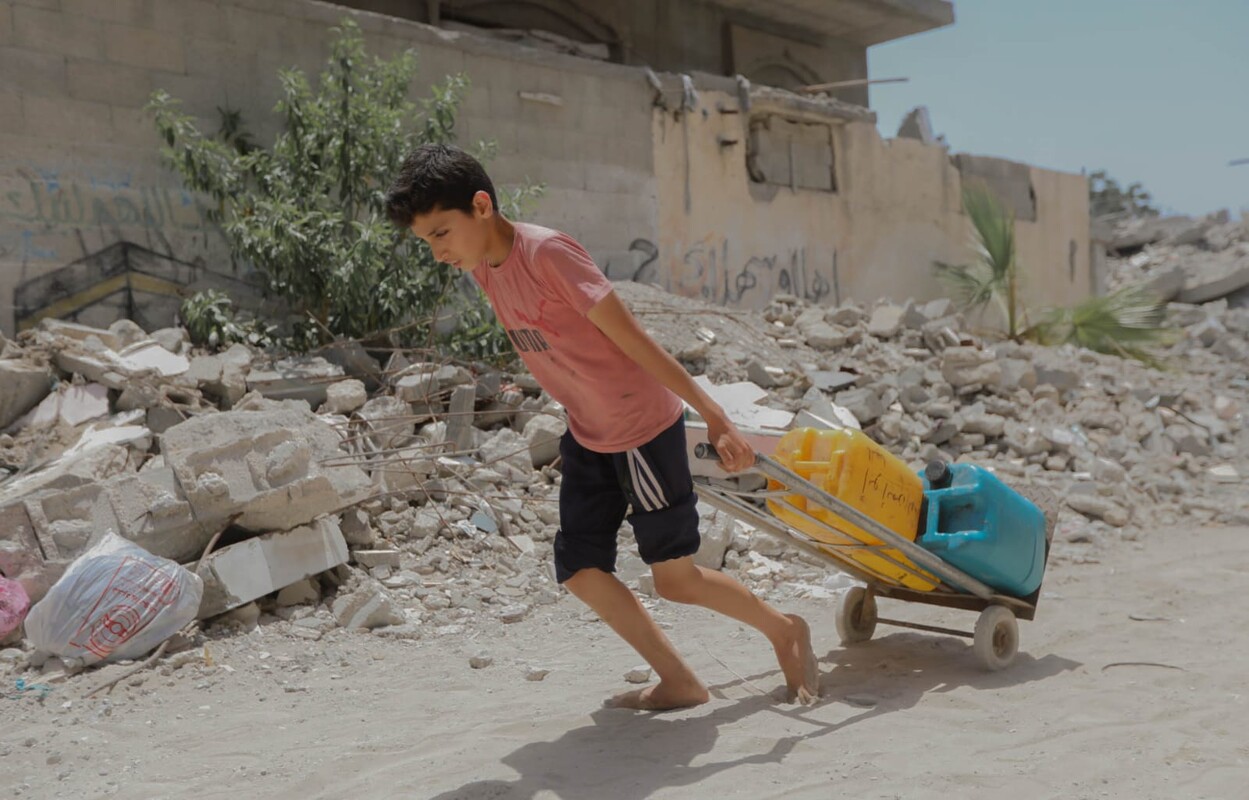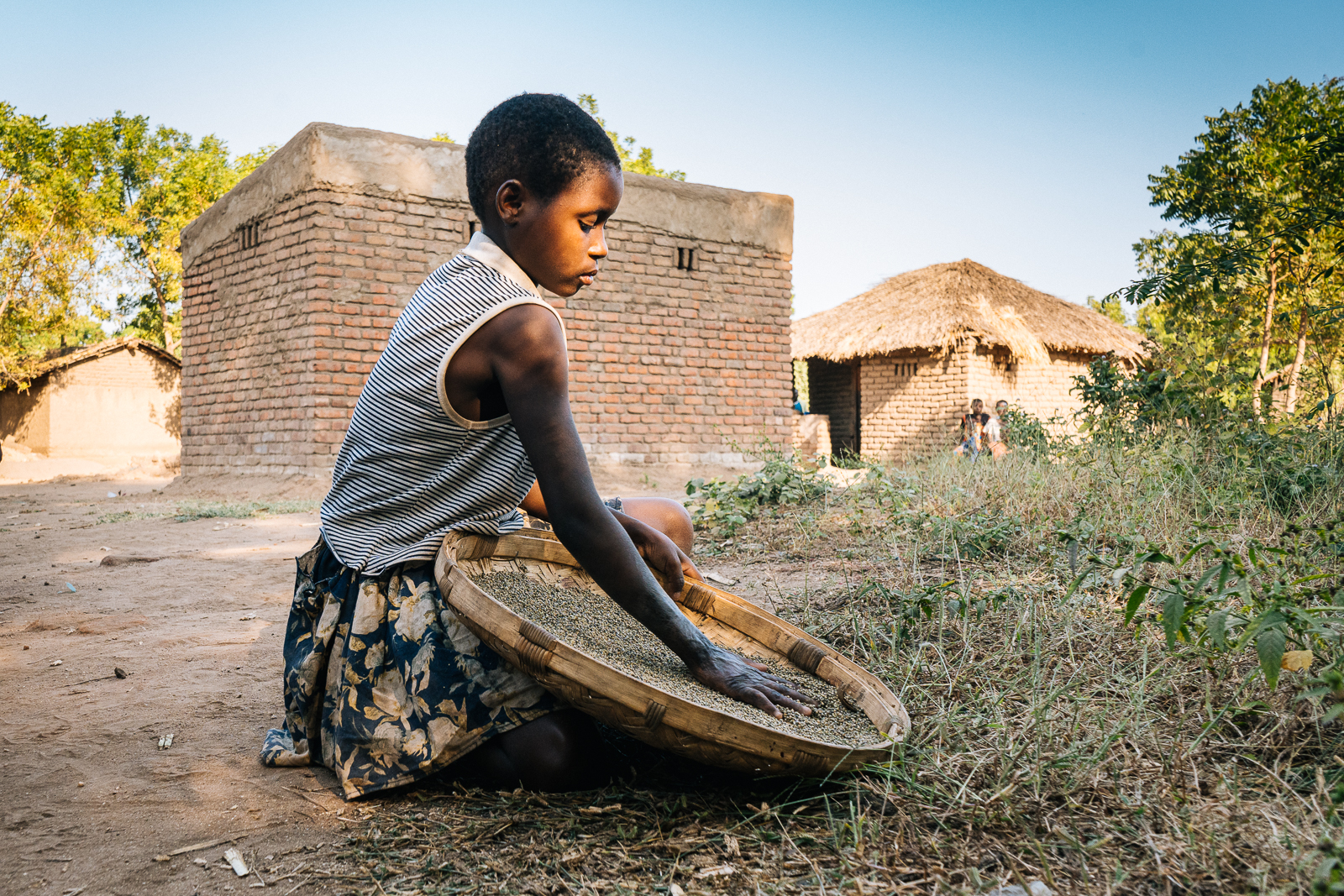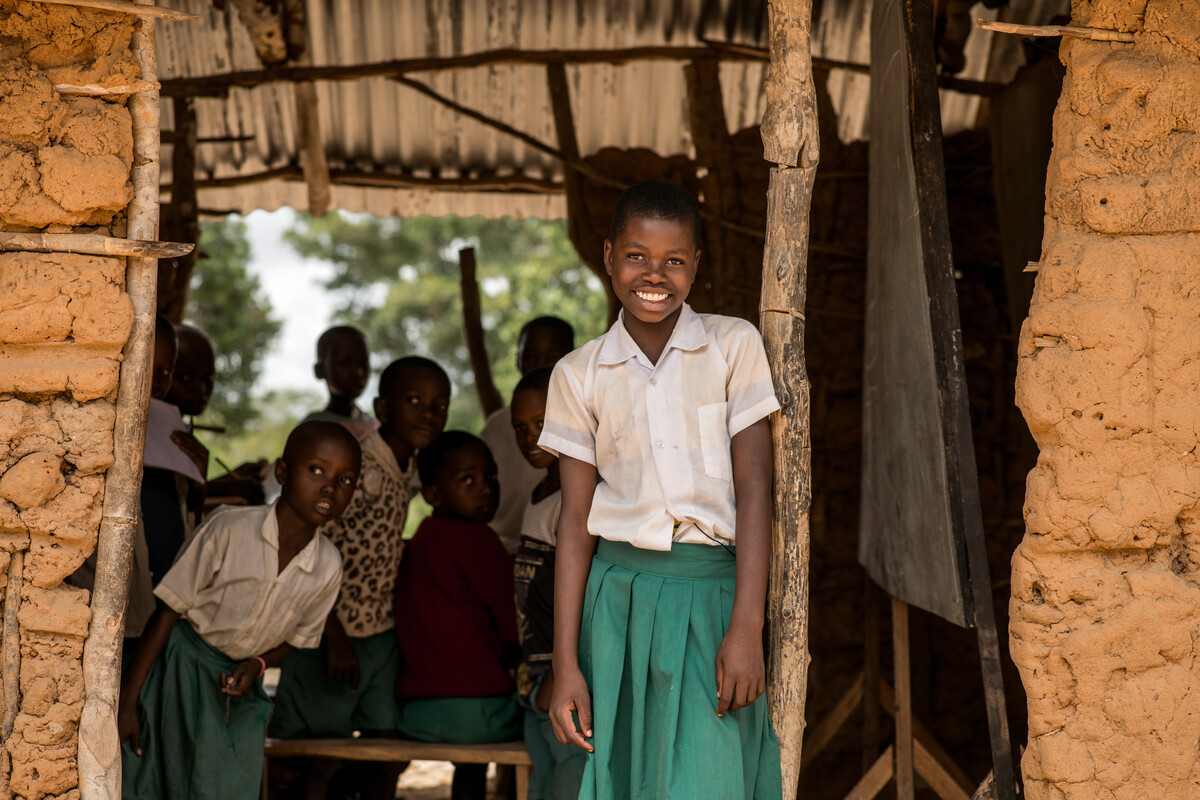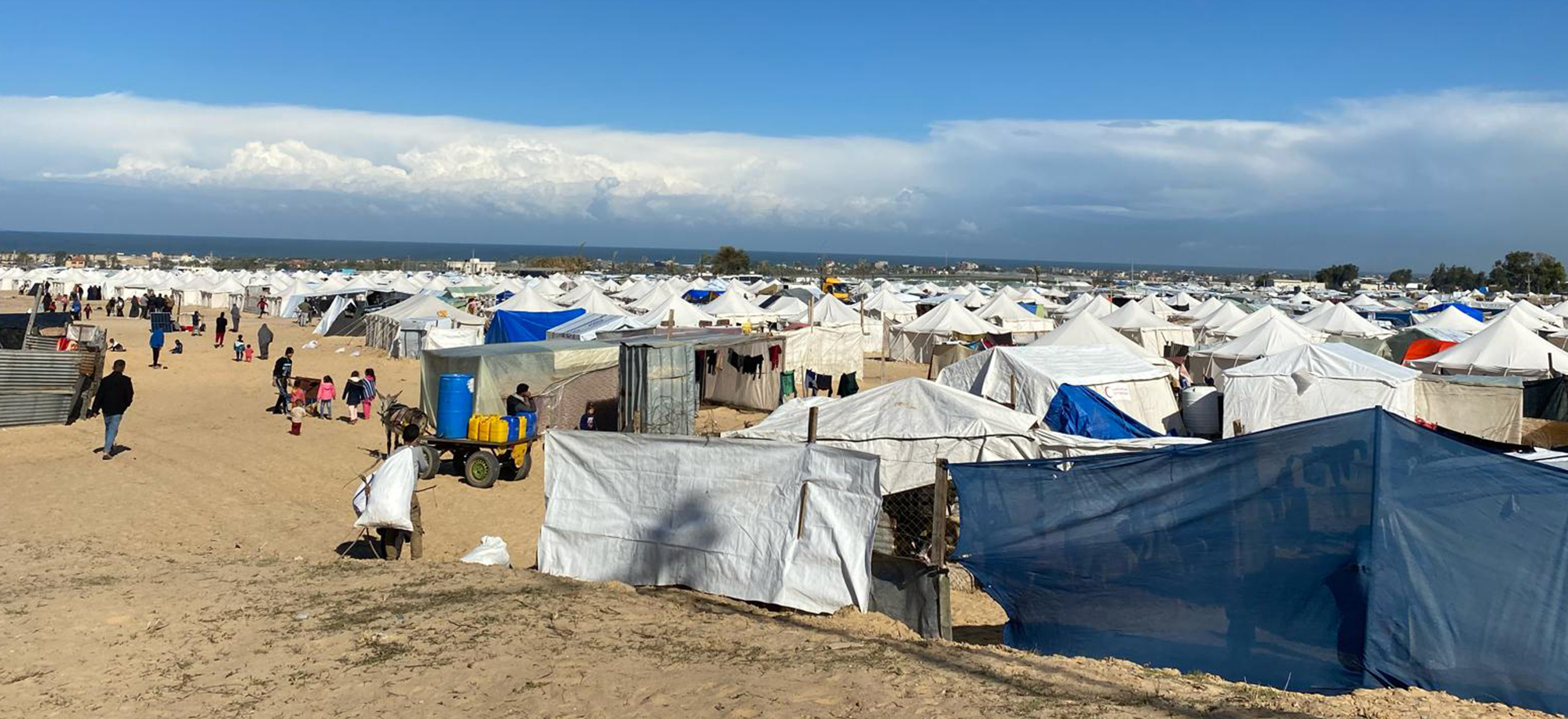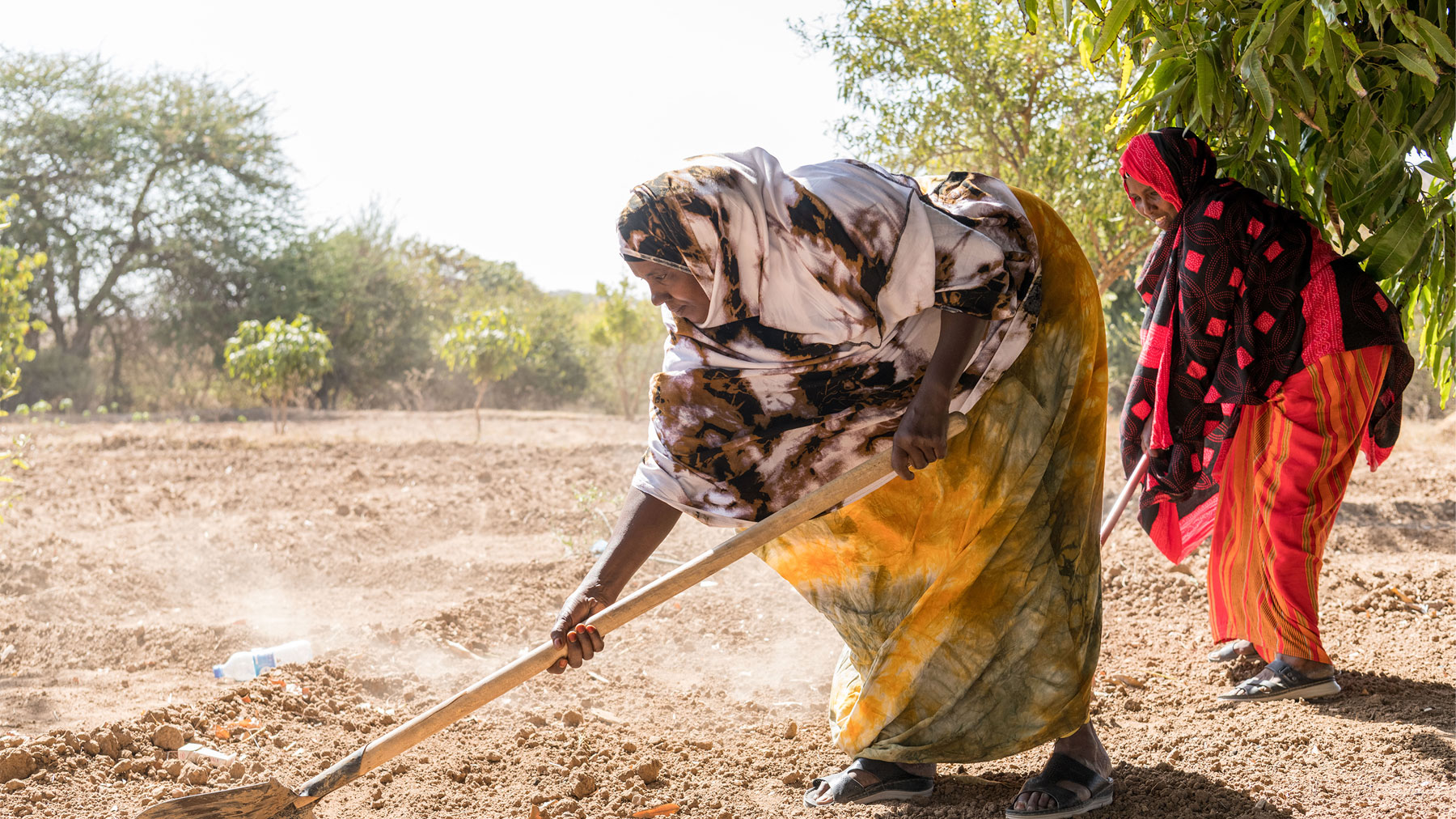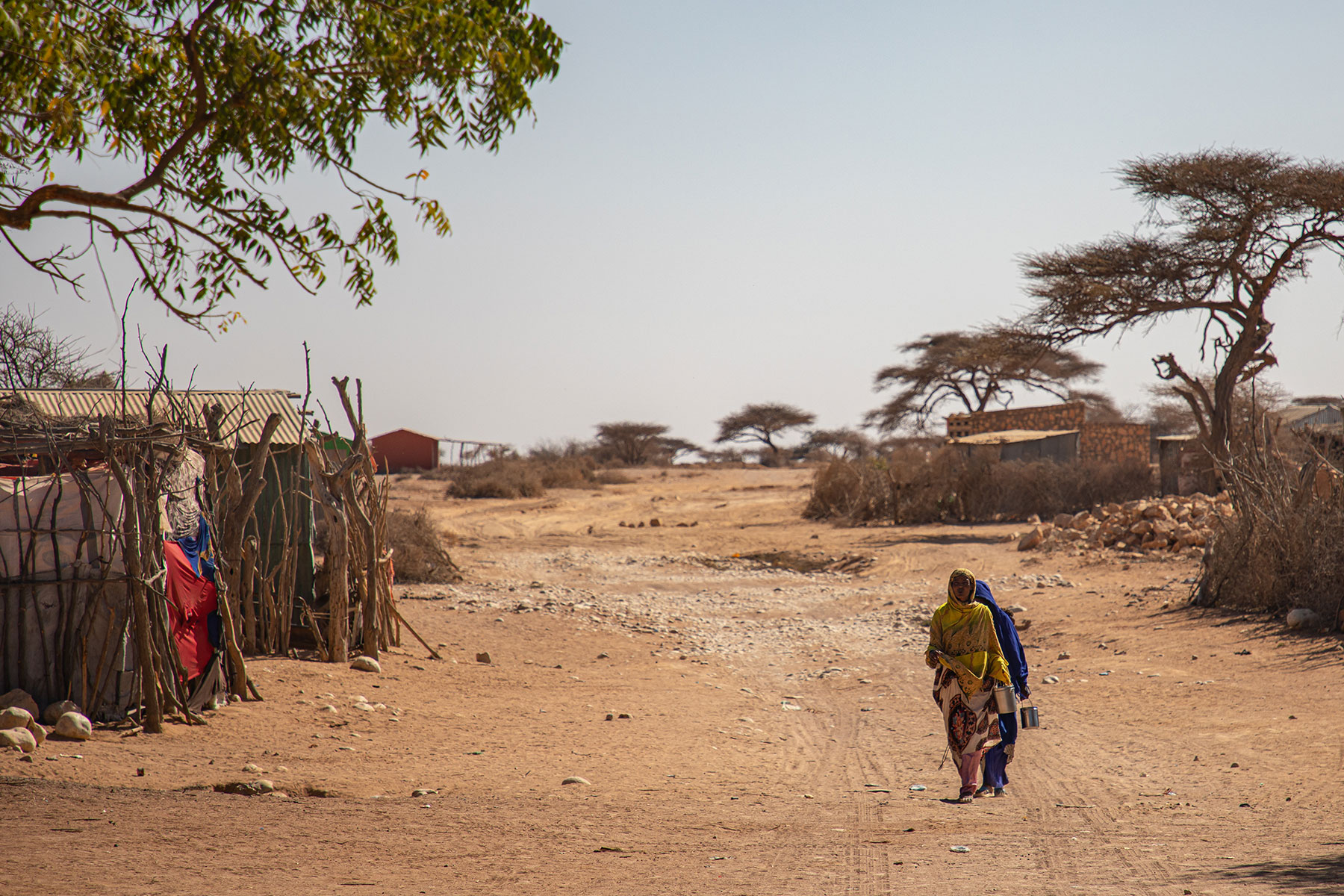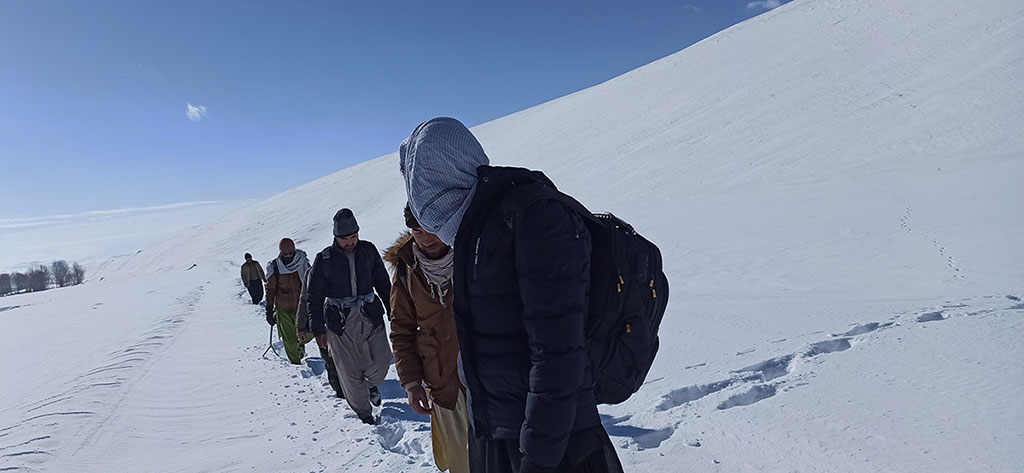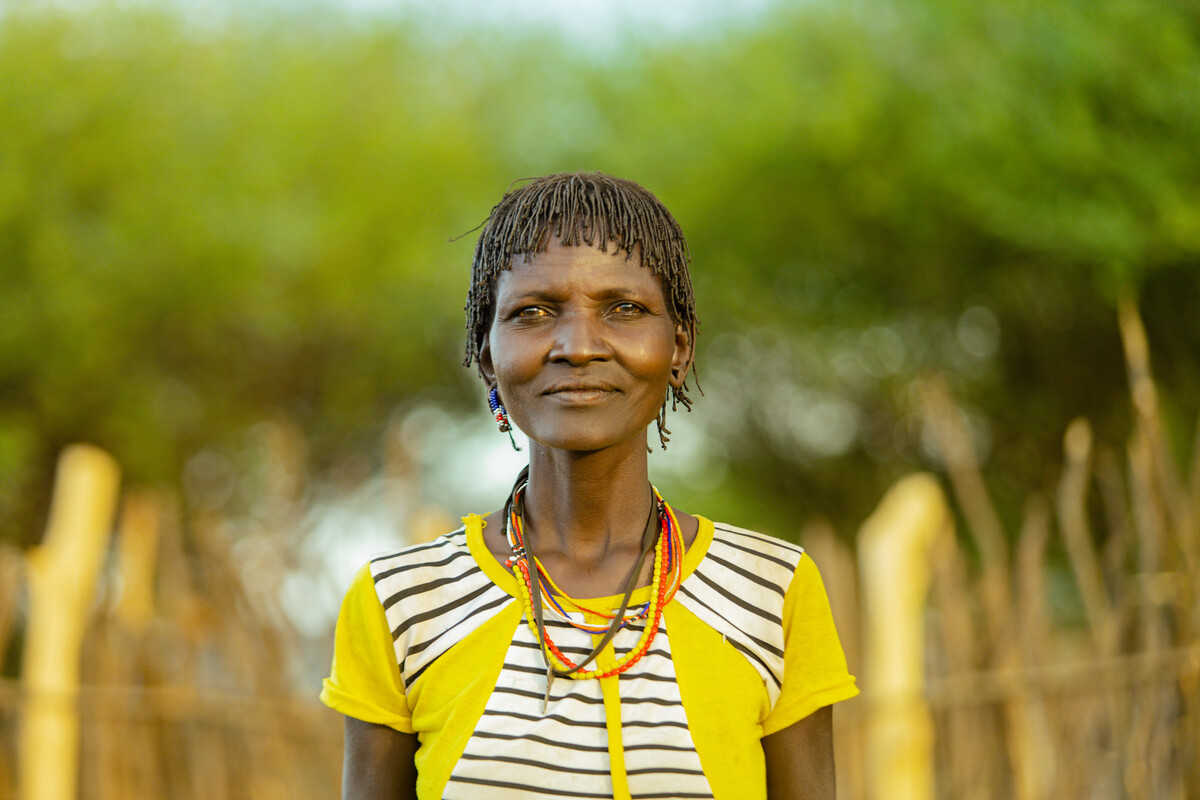Latest news
Stay informed with the latest news from around the world.
The humanitarian situation in Gaza is still catastrophic.
13/03/2024
Food and fuel prices have more than tripled in some of the world’s most at-risk communities.
10/06/2022
Severe drought is increasing the risk of violence against women in the Horn of Africa.
08/04/2022
As winter sets in, millions of Afghans are facing a deepening food and malnutrition crisis.
18/02/2022
